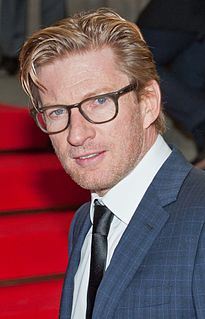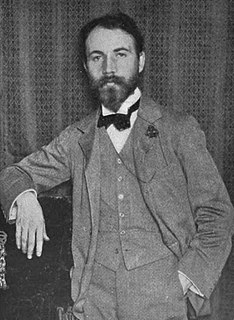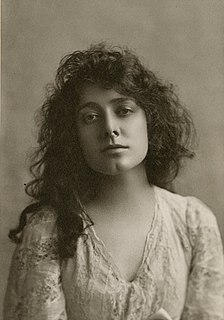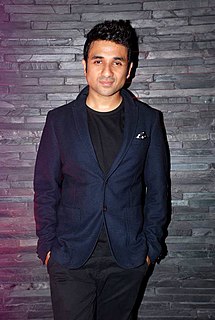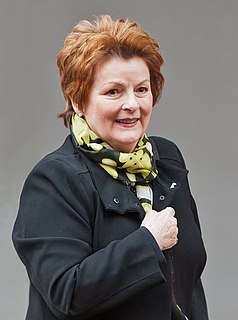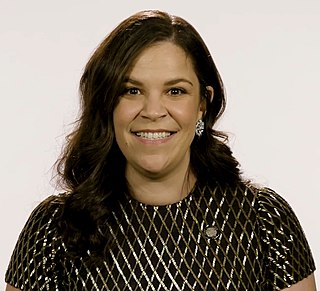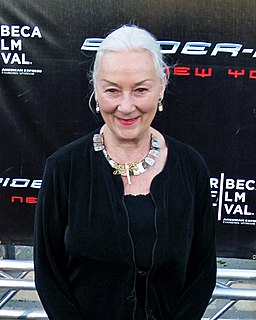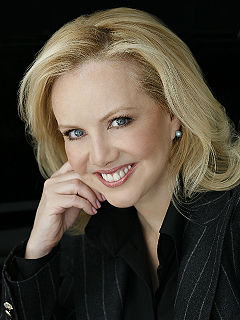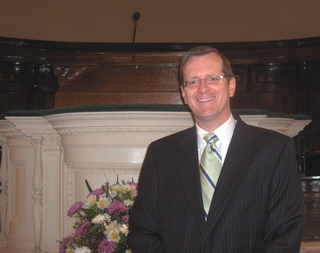A Quote by Pankaj Kapur
Most of the theatre work that you see in India is very verbose and the visual is whatever you can create on stage.
Related Quotes
Art, in the widest sense of the word, is the instrument Hellenism has used and would use for that purpose. All the arts, poetry, music, ritual, the visual arts, the theatre, must work singly and together to create the most comprehensive art of all, a humanized society, and its masterpiece, the free man.
The requirements of the theatre are very great--a strong constitution, energy and unflagging purpose, charm of feature, these alone do not necessarily mean anything, and they must not be relied upon as assurances of an easy conquest of the public heart. It is not only a question of fitness for the work, but of long years of most diligent effort to master the technique of the theatre, and to develop whatever of the art instinct we may possess upon the simplest, broadest, and most human lines.
All modesty aside, I think I'm good at reading scripts. The way I read a script is as fast as I can, all in one sitting, and I don't read many of the stage directions. I only read enough stage directions to let me know where I am, because they're always so verbose and mostly horseshit. So I only read the dialogue, which allows me to see the movie in my mind's eye in real time.
All drama teachers are very effusive, very emotionally open, very big, and gesticulate a lot, and are very physical. Those people don't work in banks and they don't work for pharmaceutical companies. They teach drama, or they may be theatre directors. That's why I love people who are openly gay in theatre, because they have license to do what they like, and there's a kind of artistic liberal tolerance thing that goes on.

